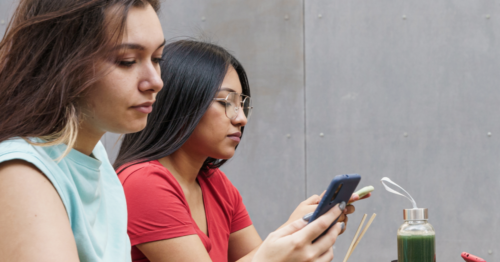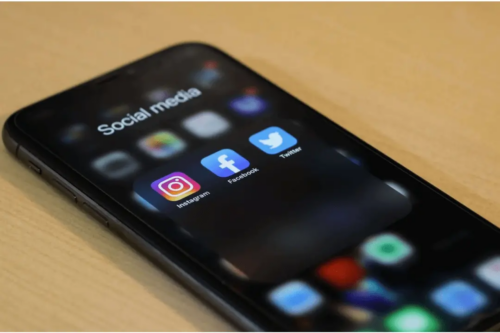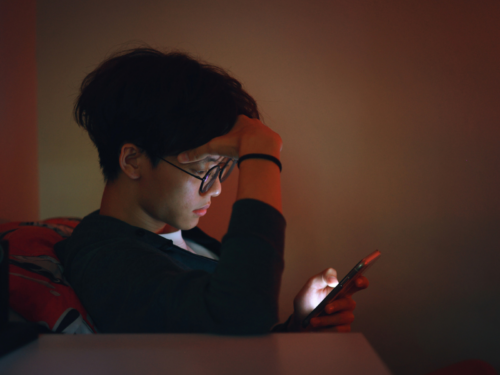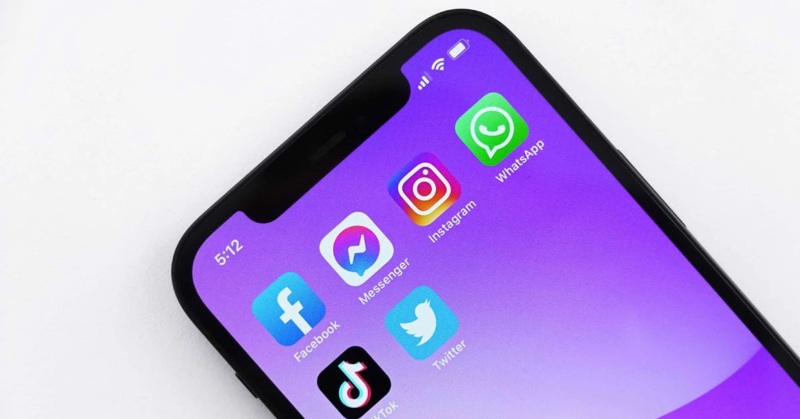
Table of Contents
How to Spring Clean Your Social Media
Written By: Charlie Health Editorial Team
May 13, 2022
4 min.
Spring is the perfect time to clean up your social media accounts! Clear out old posts, delete unused accounts, and organize your followers with these tips.
Learn more about our Clinical Review Process
Table of Contents
After a seemingly never-ending winter, there’s a certain hopefulness connected to spring—which makes it an incredible opportunity to be intentional about clearing out clutter.
Unfortunately, embracing the joy of spring isn’t always so easy, especially when we’re staring at a screen for hours every day. Prolonged screen time disrupts our sleep and gives us a hit of dopamine, often called the “feel-good” neurotransmitter, which can eventually lead to social media addiction. If you’re constantly scrolling, you’re probably already familiar with the negative effects of social media on mental health, from low self-esteem to loneliness.
If you’re feeling overwhelmed by social media, it’s time for a spring cleaning. Here’s how to prioritize your mental health this spring by taking a different approach to social media use.
Update who and what you follow
The social comparison trap is real. It might feel like you’re in constant competition with your acquaintances, or even the influencers and celebrities you follow on Instagram, TikTok, and Snapchat. Whether we do it on purpose or intentionally, the use of social media can fuel comparisons, contributing to self-esteem issues, depressive symptoms, and other mental health problems.
Instead of following influencers, celebrities, and body image-focused accounts, follow accounts with positive affirmations. Use social media to get inspired, set goals, and remind yourself of the good things in the world.
Join the Charlie Health Library
Get mental health updates, research, insights, and resources directly to your inbox.
You can unsubscribe anytime.
Be intentional about your social media use
Engage with social media through mindful thinking. Remember that it's easier to say things on social networks that you wouldn't say in person, and you should be reflective when thinking about what to post. Do you really want to argue with someone if they're not going to see things from your perspective? Is it worth creating a situation that might have a negative impact on your mental health?
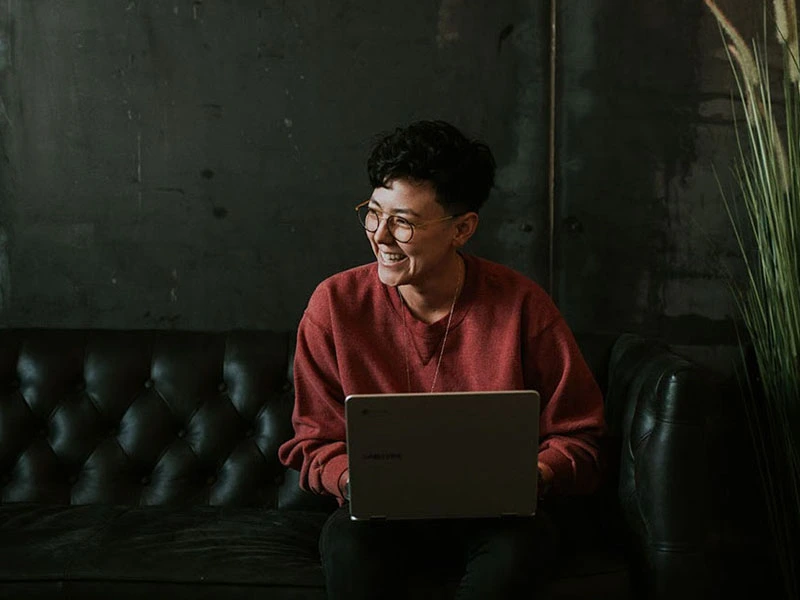
Social media is a tool, not a necessity. You only have to engage with a social media platform as much as you want to. It's perfectly OK to use social media as a communication tool, but it shouldn't replace face-to-face contact or real-life relationships. Although social media was created as a tool to maintain, as well as create relationships, it is always important to have a mindful approach while using social media.
Remember that "likes" do not equal validation
For some social media users, oversharing on social media sites can open the door to mental health issues. Fear of missing out (FOMO) can create feelings of dissatisfaction, making us think that we're not living our daily life to the fullest. For young people with pre-existing mental health conditions, the impact of social media can exacerbate mental health symptoms, such as social anxiety, symptoms of depression, and feelings of isolation.
Studies show that when some social media users don't consistently receive the same amount of likes and comments on a post, it can lead them to believe that they're unliked by their acquaintances. It's important to remind yourself that likes do not equal validation and that the number of responses to your social media posts does not equal your worth.
Give yourself permission to detox from social media

Spending too much time on social networks can feel overwhelming. If you're studying or working from home, it might be tempting to check Snapchat or TikTok. But if you’re avoiding your responsibilities, it might be time to stop scrolling.
Remember that it's OK to not read the news or check status updates. You're allowed to take a break from social media if you need to. If you're constantly getting distracted by your smartphone, try muting notifications, setting screen time limits, or putting your phone in another room. You might even consider an extended time away from social media–it could be one day, a weekend, or even an entire month. This type of digital detox can help you calm your mind, focus on in-person relationships, and re-evaluate your social media habits.
Contact us
If you're struggling to spend less time scrolling on social media platforms, you're far from alone. According to a University of Pennsylvania study, social media addiction is real—and social media and mental health are closely intertwined. Fortunately, therapy can help you set boundaries and cultivate a healthier relationship with social media.
At Charlie Health, we offer virtual Intensive Outpatient Programing (IOP) for adolescents, young adults, and family members experiencing mental health crises. Our intensive outpatient program (IOP) combines individual therapy, family therapy, and supported groups to help you take control of your social media use.
Whether you're experiencing low self-esteem, anxiety symptoms, or feelings of loneliness, our compassionate mental health professionals are here to help you heal, grow, and prioritize your emotional well-being. Reach out today.

